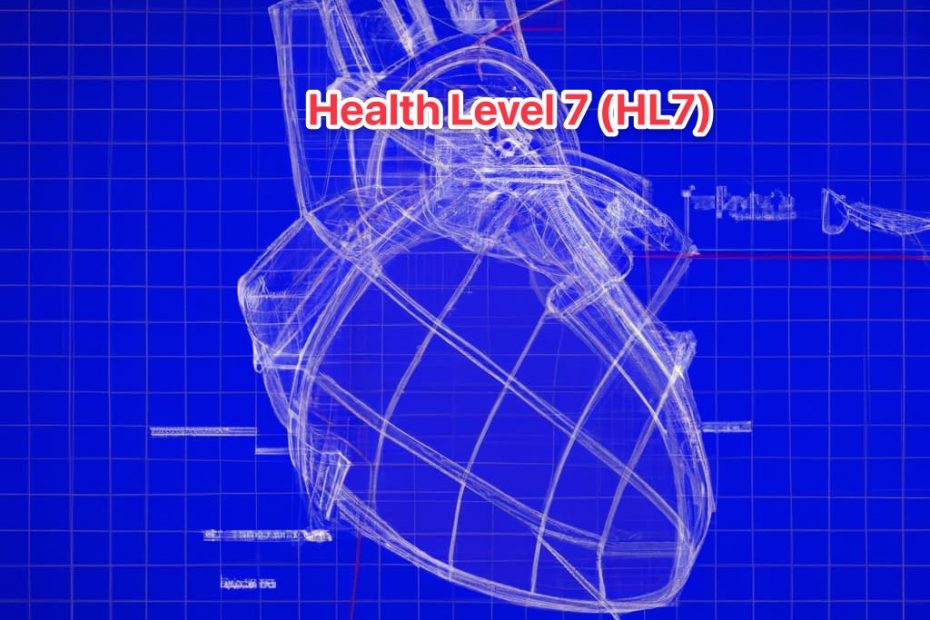❓What is Health Level 7 (HL7), example organization, and what’s a one liner benefit?
💡HL7 establishes a common language across health systems. The most significant benefit of using HL7 standards is that a common language across disparate systems provides interoperability and opens new possibilities and business capabilities. That is, an effective and efficient mechanism to capture data, represent hierarchies, and transfer information across many independent health systems. By using agreed-upon standards, health systems and platforms can share patient records, apply medical coding, and invoice quickly and accurately. Additionally, terminology standards enhance not only interoperability but also analytics and historical reporting. For example, all US-based physicians receive a National Provider Identifier (NPI). Using the NPI across systems, historical and future medical acts and their outcomes can be associated with and traced. In doing so, patients receive an additional layer of assurance and security; in the event of malpractice, standards, in turn, would help with traceability.
💡The company named Lyniate provides health data integration as a service. Lyniate’s product called Envoy offers to be a data backbone for transferring and integrating data across systems in an effortless manner. The product removes the integration burden from health systems, so they can instead focus on innovation. Utilizing HL7 standards, the Envoy systems provide the necessary compatible Data Types such as strings, text, addresses, and coded elements. Hierarchical data can be captured, represented, and integrated across compatible systems through components and subcomponents. The HL7 Minimum Layer Protocol (MLP) also specifies message wrapping structures, which helps define where messages start, stop, and next begins. The platform thus enables the designing and connecting of health data systems. All of this is possible due to the usage of HL7 standards.
💡The overall benefits of HL7 criteria, such as the identifier type of National Provider Identifier (NPI), is that it helps establish greater medical accountability across a network of practitioners and health service providers, ultimately benefiting patients.
📝 References
- Envoy: Cloud-Based Interoperability Services. (2021, August 6). Lyniate. https://lyniate.com/solutions/envoy/
- HL7 resources. (2022). Lyniate. https://lyniate.com/type/hl7-resources/
- HL7 Data Types. (2021, August 6). Lyniate. https://lyniate.com/resources/hl7-data-types/
